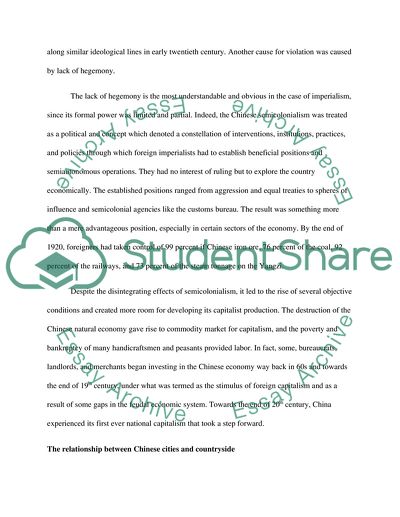Cite this document
(“Chinese History Essay Example | Topics and Well Written Essays - 1500 words”, n.d.)
Retrieved de https://studentshare.org/history/1680711-chinese-history
Retrieved de https://studentshare.org/history/1680711-chinese-history
(Chinese History Essay Example | Topics and Well Written Essays - 1500 Words)
https://studentshare.org/history/1680711-chinese-history.
https://studentshare.org/history/1680711-chinese-history.
“Chinese History Essay Example | Topics and Well Written Essays - 1500 Words”, n.d. https://studentshare.org/history/1680711-chinese-history.


